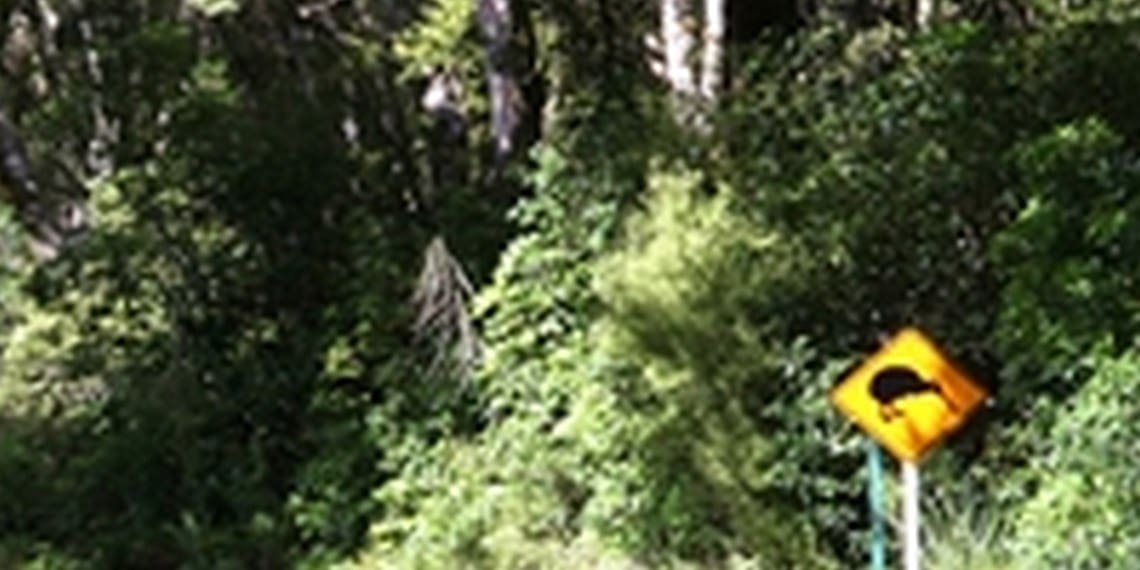The 6th Feb is Waitangi Day in New Zealand. It celebrates the signing of the Treaty of Waitangi, New Zealand’s founding document, on that date in 1840.
Bishop’s Move have been moving people and their personal effects to New Zealand, especially Auckland, Christchurch, Queenstown and Wellington for over 170+ years.
It can take 6-12 weeks for effects to reach New Zealand (depending on what shipping option is chosen) and Duty Free is granted to first time residents (returning residents need to prove they have been out of the country for over 21 months).
All items, from golf clubs to vacuum cleaner bags, will be inspected by the NZ Ministry of Agriculture and Forestry(MAF) and therefore all items that are dirty or come into contact with soil should be thoroughly cleaned prior to shipping or they may include further cleaning charges.
Food items such as eggs, dairy and meat products must not be included for shipping as this is prohibited. Only food items, which are vacuum packed and fully sealed, should be included. Alcohol may be imported providing a full listing has been made. If the importer fulfils the above duty free exemptions for household goods, then he will also be exempt from duties on alcohol.
Untreated wooden items including bark and certain Christmas decorations made of natural products will be ordered for treatment or destruction at the importer’s expense. The shipping of bamboo products, basketware, caneware and rattanware is possible, although these may be required to undergo cleaning, disinfection, or fumigation at destination incurring extra costs. Feathers, furs, skins, tusks, etc, from endangered species are all prohibited; otherwise certain items may require further inspection and treatment. Generally speaking, items which have been treated during the manufacturing process, such as feather duvets or leather sofas, will not cause any problems.
Used rifles and shotguns may be imported but a permit must be obtained from the firearms officer at the local police station. Pistols and revolvers are strictly prohibited.
To find out more, download and read our moving to New Zealand guide pdf.



 Previous story
Previous story